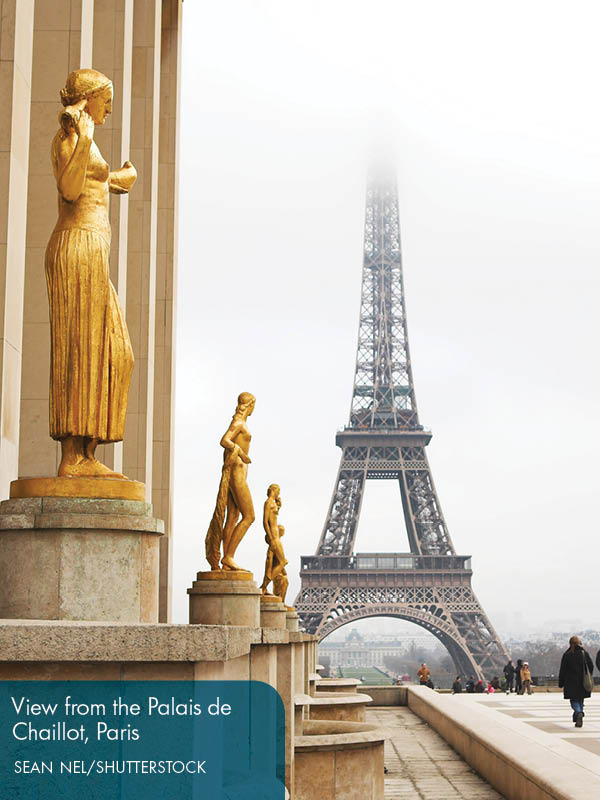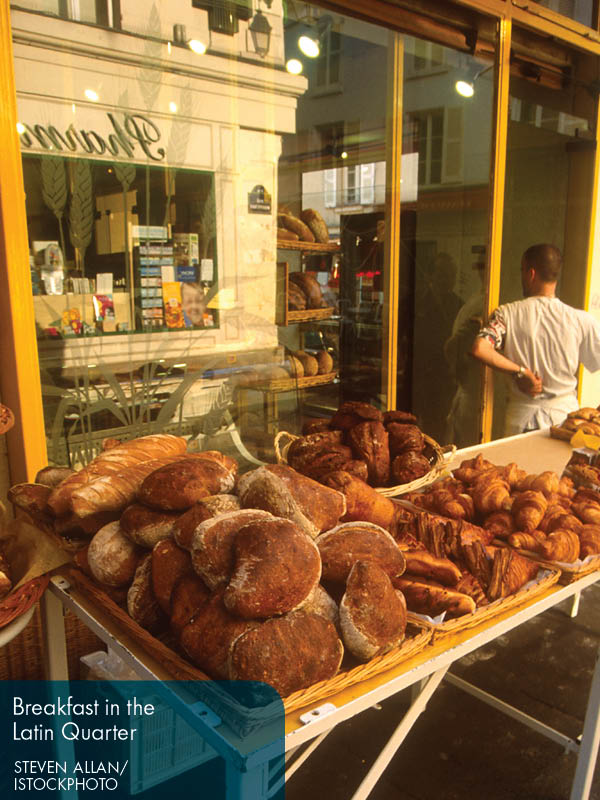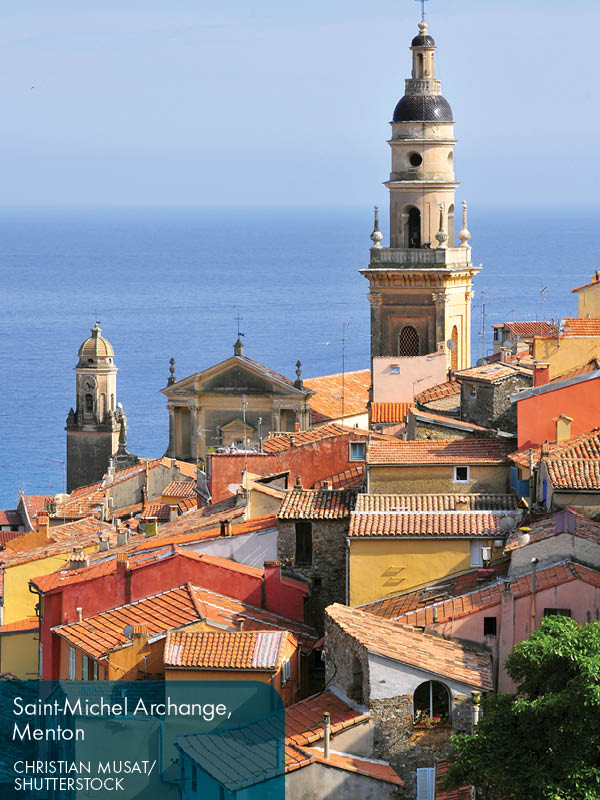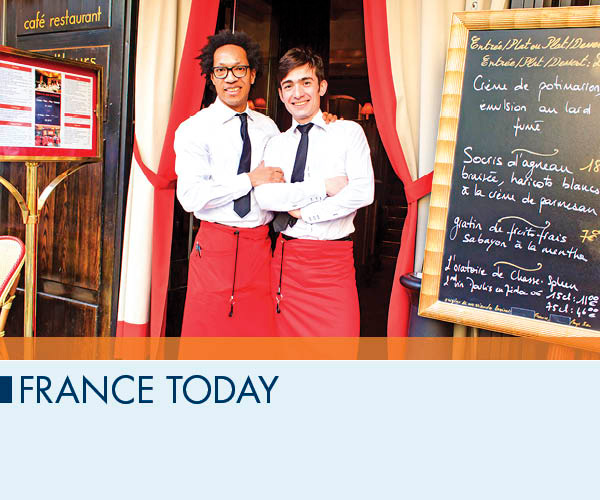It may be a clich to say the French fret over their place in the world, but they do. Faced with the ever-dominant Anglo-American axis and hobbled by the global economic crisis, the French are rallying to protect their institutions, their language, and, above all, la vie franaise their treasured lifestyle. Still, polls show the French are optimistic about the futureand theres plenty of good news.
Tourism is thriving, with France maintaining its rank as the worlds top tourist destination, with more than 80 million visitors each year. The French remain leaders in science and technology. France is the worlds leading producer of luxury goods, and fashion remains the nations birthright. Dining in Paris has never been better, with the city experiencing a vibrant emergence of smaller, lower-priced bistros concentrating on quality and terroir, the local bounty that France is famous for.
Turning in Their Stars
Several of Frances acclaimed chefs, including Alain Senderens and Olivier Roellinger, have handed in their Michelin stars and bowed out of the fast track in favor of smaller, less formal settings. The global crisis and changing lifestyles have deeply influenced a new generation of chefs seeking a more modern approach to cooking, yet still eager to strut their stuff for an educated, ever-appreciative audience. All of these trends have culminated in a movement thats taken France by stormbistronomie.
Well underway since the late 1990s, the bistronomie movement is now in full swing, with exciting new restaurants opening in Paris every month. A hybrid of bistrot and gastronomy, bistronomie broadly defines a new breed of bistro, run by ambitious young chefs who combine rigorous haute cuisine training with a more laid-back, individual, and creative approach. As the irreverent foodie publications Omnivore and Le Fooding viewed as little more than cheeky upstarts when they appeared a decade agohave evolved into major forces behind the movement, people have taken notice.
Bistronomie dovetails with other popular movementslike the locavores, who advocate the use of fresh, local ingredients, and the trend toward natural and biodynamic wines, which are grown without the use of chemical fertilizers and produced with less sulfites. An international roster of passionate young chefs has also invigorated the movement, with no single approach stealing the limelight.
Marriage Equality
After a national discussion that had lasted more than a decade, France passed a law allowing same-sex marriage in 2013. In a country where most people believe the government should stay out of personal relationships, the debate was particularly acrimonious. A group called La Manif Pour Tous staged massive, colorful demonstrations in Paris, Lyon, and other major cities.
Franois Hollandes Socialist government easily won passage of the law, and changed many minds in the process. At the time the law passed, polls found that about 53% of French adults favored same-sex marriage. In 2014, less than a year later, that number had jumped to 61%.
But Hollande also burned a lot of bridges along the way. In 2014, after another round of protests, his government announced that it would not push ahead with legislation to help gay couples adopt or use surrogate mothers.
MadameMademoiselle
The French government made a long-overdue concession to French feminists, finally enforcing a law that excises the honorific Mademoiselle from official forms, and advising that all women now be referred to as Madame regardless of marital status. What took France so long?
A deep ambivalence on the part of both men and women regarding gender roles certainly plays a part. As does the kind of entrenched inequality that puts France at a surprising number 46 on the World Economic Forums Global Pay Gap surveywell behind Britain, Germany, and even Kazakhstanwith men earning wages an average of 12% to 20% higher than women. Attitudes here are slow to change, and with so few female legislators, another area where France lags behind other nations, it seems that French women have their work cut out for them.
Pity the Rich
French millionaires can relaxfor now. In December, Frances Constitutional Council struck down incoming president Francois Hollandes proposed 75% tax on individuals earning more than 1 million just days before it was to take effect. Hollande may have clinched the presidential office with the election promise of pushing through this tax, and so far hes refused to back down, even though some people assert that it will cause wealthy people to leave the country. Already, two prominent Parisians, Grard Depardieu, Frances most famous actor, and Bernard Arnault, its richest citizen and chairman of the French LVMH luxury group, are preparing to jump ship. Depardieu, courted by none other than Russias Vladimir Putin, put his 20,000-square-foot mansion in Pariss elegant 7th arrondissement up for sale, and Arnault has requested citizenship from neighboring Belgium. Even the ex-president has been implicated in the scandale . Nicholas Sarkozy set France abuzz when his plan to vacate Paris and start up a hedge fund with a group of wealthy investors in London was uncovered during a police raid on the scandal-ridden former presidents property.





















